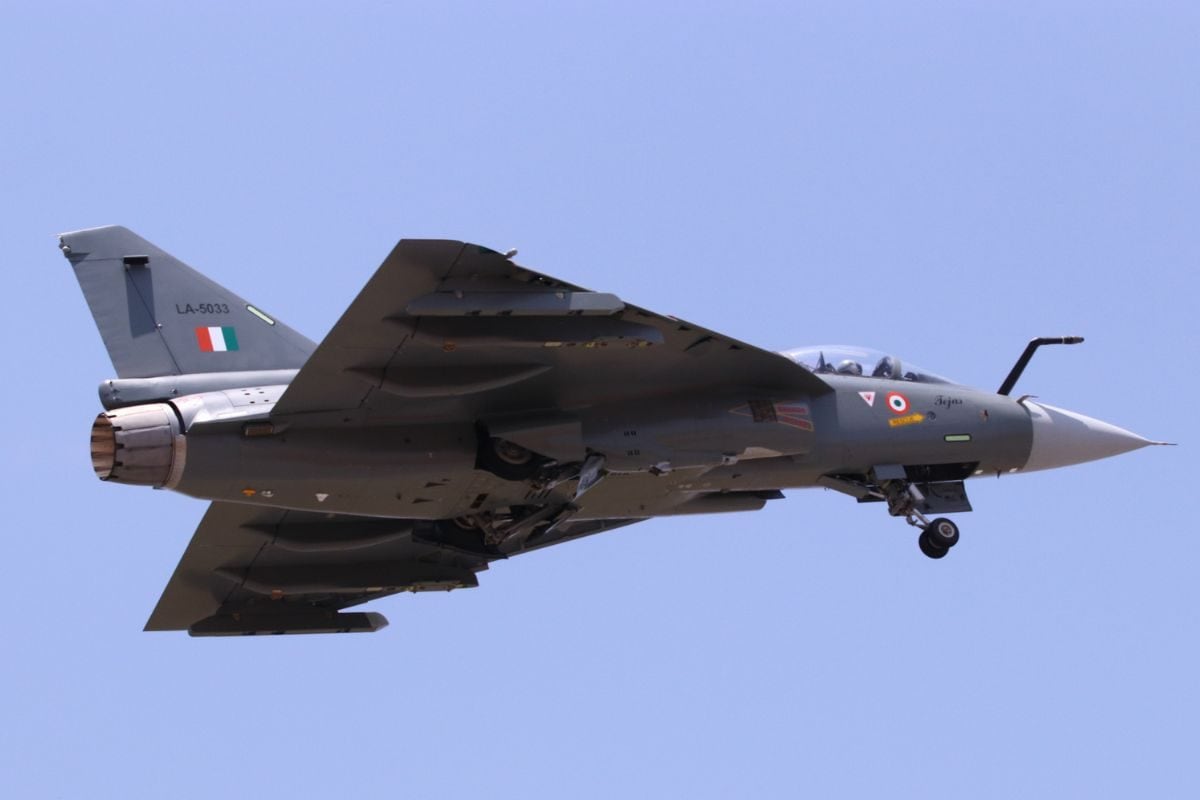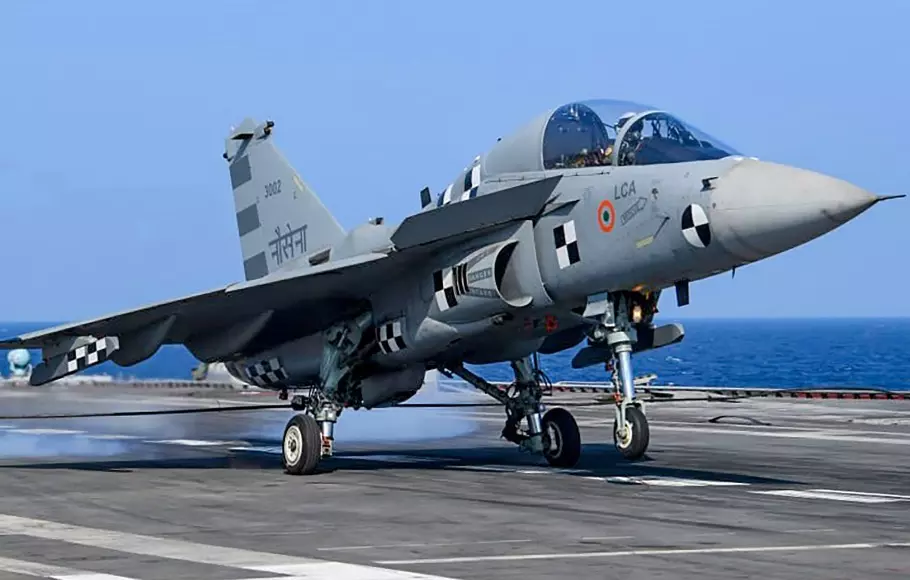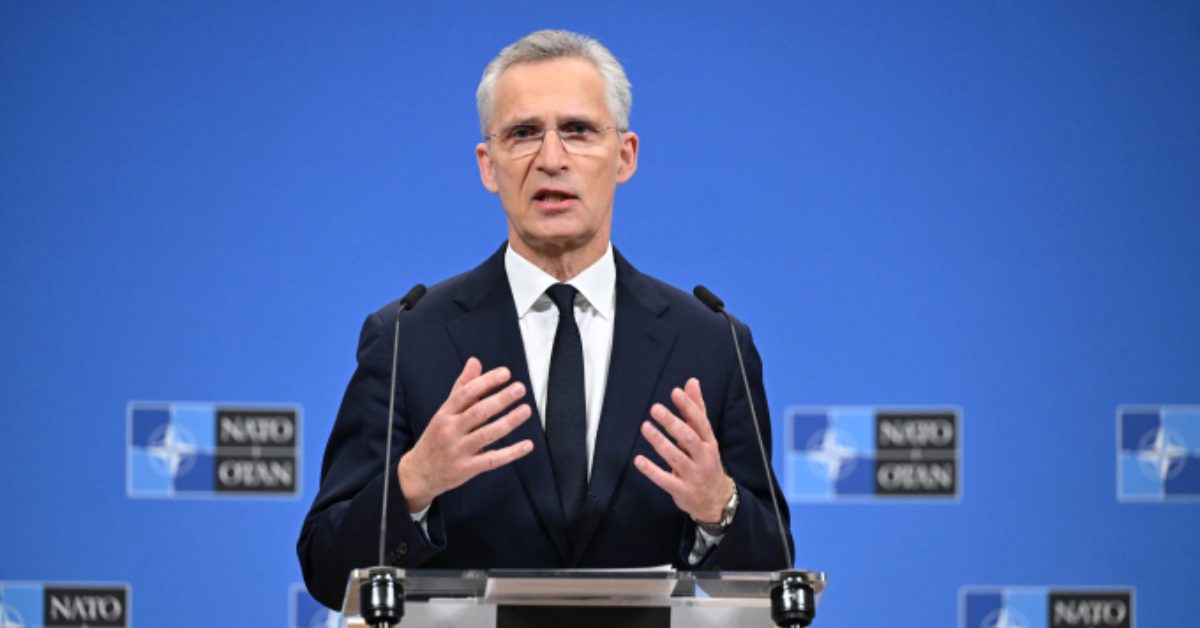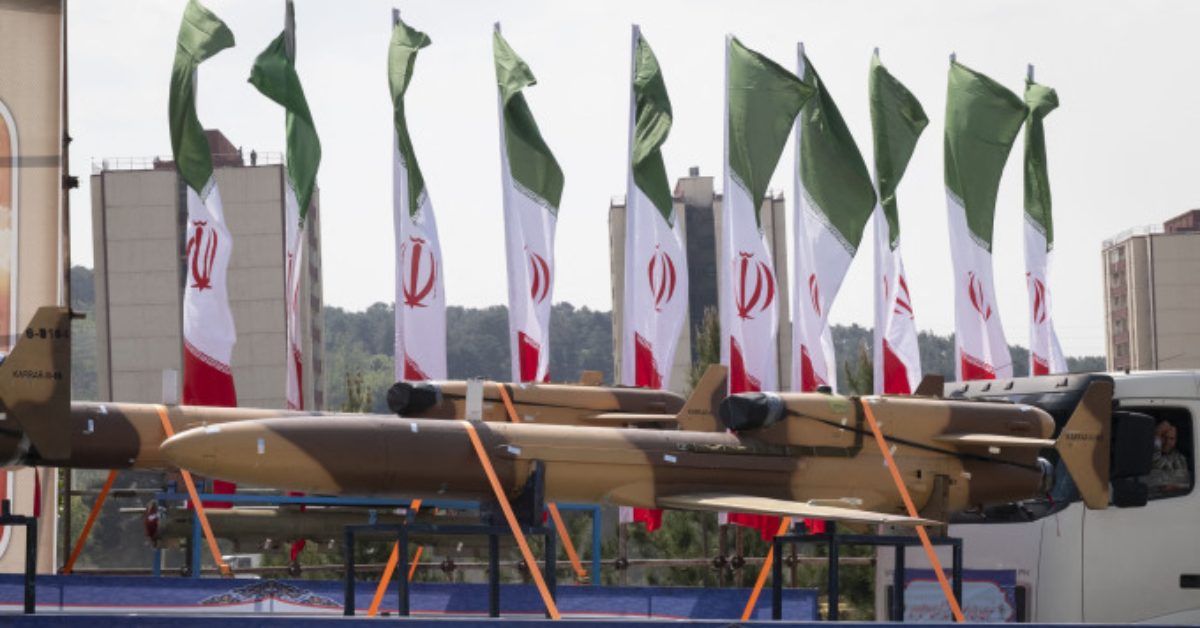The Ministry of Defence has sent a request for proposals to the state-owned Indian aerospace giant Hindustan Aeronautics Limited (HAL) for 97 light fighters, thereby initiating the largest-ever procurement for the aircraft type.
The Indian Air Force, which presently only has 31 fighter squadrons instead of the required 42, depends heavily on the company’s Tejas aircraft, also known as Light Combat Aircraft, or LCA.
:quality(70)/cloudfront-us-east-1.images.arcpublishing.com/archetype/XMH67ZCA7ZEE7EXJIXQDU66H2A.jpg)
A HAL spokesperson confirmed that the company had received the solicitation but couldn’t say when a response with a concrete pricing proposal would be delivered. The Indian Air Force did not respond to a question about the expected price tag for the contract, but published estimates peg the cost at somewhere north of INR650 billion, or roughly $7.8 billion.
This 97-fighter tender request follows the Defence Acquisition Council’s formal acceptance of the military requirement for the aircraft on Nov. 30, 2023.
HAL already has two Tejas production lines in Bangalore, each of which can produce eight aircraft annually. A third production line at Nashik, Maharashtra, is due to open in October, adding another eight planes to the annual output.

That means the company could be in a position to manufacture 24 LCAs annually by 2025 or 2026.
The new tender sets up HAL’s second contract for the aircraft, after a $6.5 billion deal in January 2021 for 73 single-seat and 10 twin-seat trainer aircraft. The first production LCA Mk1A, the latest configuration, completed its maiden flight on March 28. HAL was supposed to deliver the first copy in February, a deadline that the company missed.
The new order will give the Air Force 180 Mk1A fighters across nine squadrons, in addition to 40 older LCA Mk1 aircraft.

HAL noted four main advances in the newer Tejas version: an advanced electronic warfare suite with self-protection jammer, active electronically scanned array radar, improvements to ease maintenance, and the ability to fire beyond-visual-range missiles.
Once concluded, the deal will greatly boost HAL’s order books, which as of March 31 exceeded $11.2 billion. Earlier this month, the company announced record revenues of more than $3.6 billion for the financial year that just ended, an increase of 11% over the previous year.





